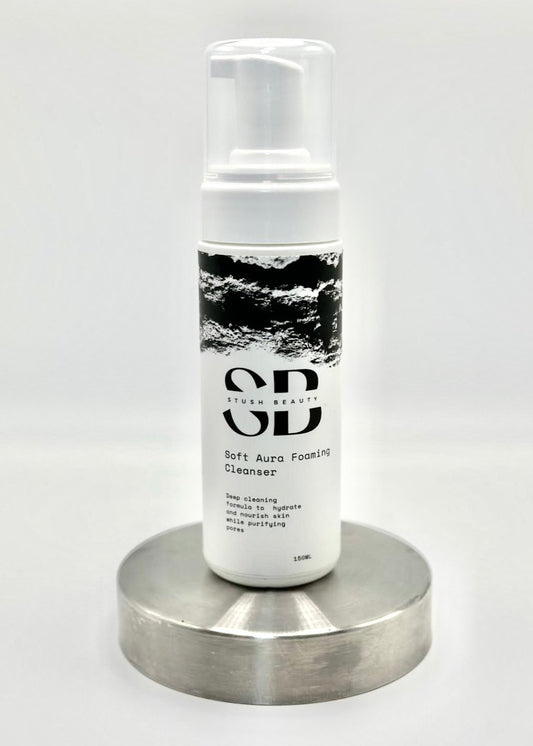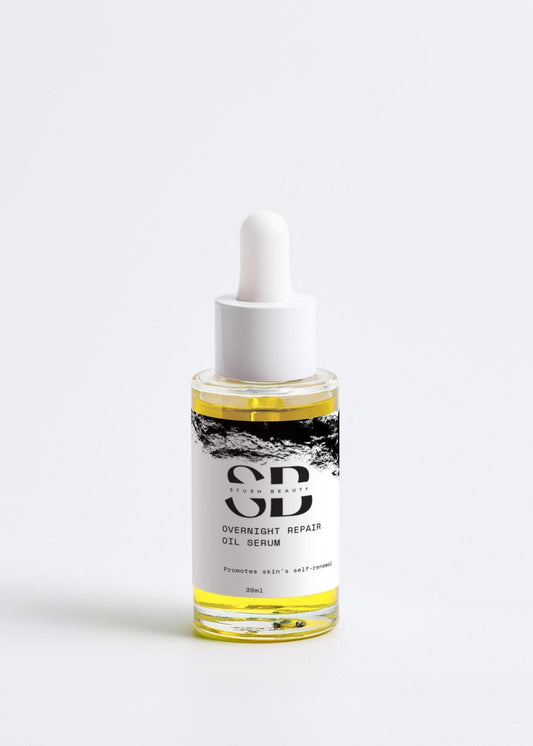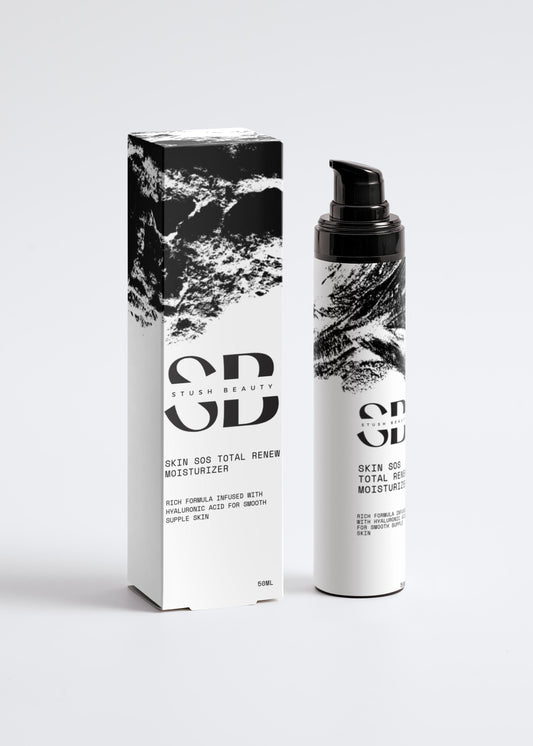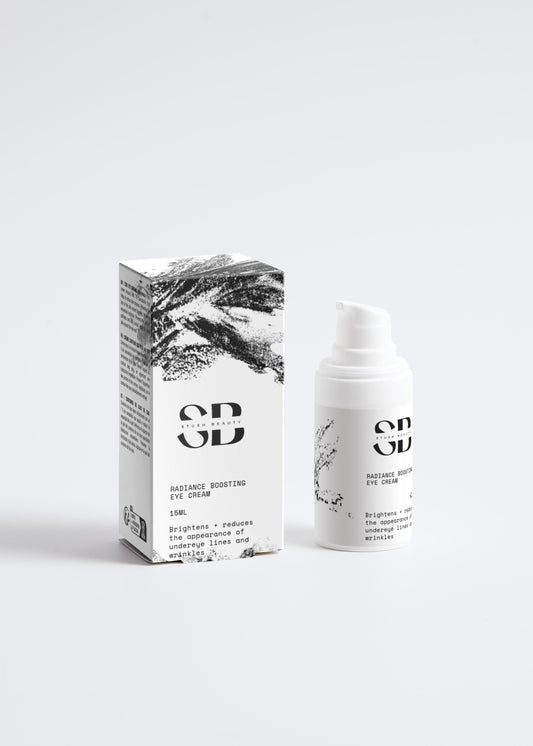While we can't turn back the clock, we can certainly slow its effects on our skin. One common query that often arises in the realm of skincare is, "When should I start using anti-aging products?" Let's delve into this question and unravel the mysteries surrounding it.
Understanding the Aging Process: Before addressing the timing of anti-aging skincare, it's crucial to understand how the skin ages. Aging is a multifaceted process influenced by both intrinsic and extrinsic factors. Intrinsic aging, also known as chronological aging, is determined by genetics and natural physiological changes within the body. On the other hand, extrinsic aging is primarily driven by external factors such as sun exposure, pollution, smoking, and lifestyle choices.
The Role of Prevention: The old adage, "prevention is better than cure," holds particularly true in the realm of skincare. While it's never too late to start taking care of your skin, the earlier you begin, the better the results. Incorporating preventive measures into your skincare routine can help mitigate the effects of aging before they become pronounced. This includes habits like wearing sunscreen daily, avoiding excessive sun exposure, staying hydrated, following a healthy diet, and refraining from smoking.
When to Start Using Anti-Aging Skincare Products: While there's no one-size-fits-all answer to this question, dermatologists generally recommend incorporating anti-aging products into your skincare regimen in your mid to late twenties. This is because the early signs of aging, such as fine lines and loss of collagen and elasticity, typically start becoming noticeable around this time. However, the exact age at which you should start using anti-aging products may vary depending on factors such as genetics, lifestyle, and skin type.
Choosing the Right Products: When selecting anti-aging skincare products, it's essential to consider your skin's specific needs and concerns. Look for products containing ingredients known for their anti-aging properties, such as retinol, vitamin C, hyaluronic acid, peptides, and antioxidants. Additionally, opt for products suited to your skin type, whether it's oily, dry, combination, or sensitive. Consulting with a dermatologist can also provide valuable insights into which products are best suited for your skin.
Adapting Your Skincare Routine: As you age, your skincare needs will evolve, and so should your skincare routine. In addition to using anti-aging products, it's essential to maintain a comprehensive skincare regimen that includes cleansing, moisturizing, and protecting your skin from environmental damage. Regular exfoliation can also help remove dead skin cells and promote cell turnover, revealing a more youthful complexion.
The decision of when to start using anti-aging skincare products ultimately depends on individual factors and preferences. However, adopting a proactive approach to skincare and incorporating preventive measures early on can go a long way in preserving your skin's youthful appearance for years to come. Remember, while anti-aging products can help turn back the clock to some extent, embracing a holistic approach to skincare and lifestyle habits is key to aging gracefully.




